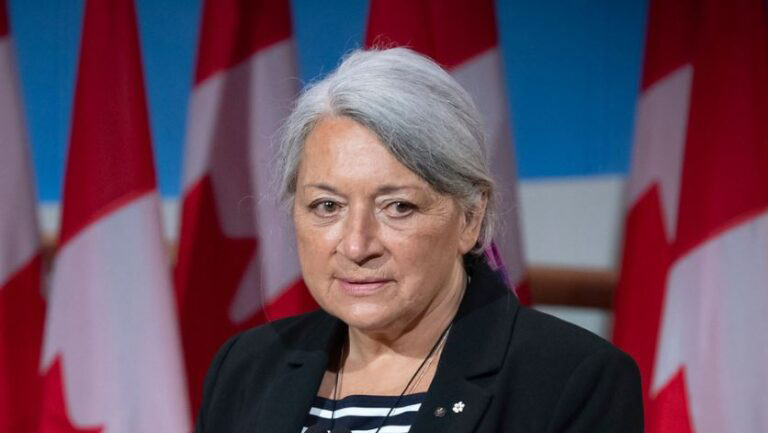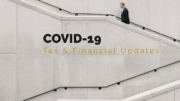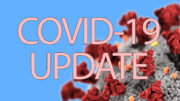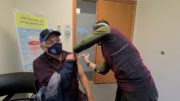By Jake Cardinal, Local Journalism Initiative Reporter
(ANNews) – Mary Simon, Canada’s first Indigenous governor general, who was sworn in earlier this year, has released her first public address of the new year. Simon is an Inuit woman from Kangiqsualujjuaq, Nunavik (Quebec).
“In Inuktitut, there is a concept called: ajuinnata,” she said. “Although it means commitment, a promise, a vow — it’s also so much more. We find meaning in its action.”
She then acknowledged the major issues that Canada is currently facing as we enter the new year. While remaining positive and providing a soothing calmness, Simon spoke about COVID-19, climate change, and Canada’s reconciliation with Indigenous peoples.
“Together we are combatting the COVID-19 pandemic with vaccinations and public health measures,” Simon said.
The Eastern Canadian provinces of Quebec, Ontario, and Newfoundland and Labrador have all entered the new year reporting new peaks in their daily COVID-19 counts as the Omicron variant continues to rapidly spread throughout Canada.
In Quebec, they recorded five straight days of record-breaking infections. And Ontario had 18,445 new cases on Saturday, which shattered the previous record of 16,713 cases.
Meanwhile Alberta has delayed the reopening of its public schools while its post-secondary institutions return to online learning.
And while there are no new restrictions being put in place, the province’s chief medical officer, Deena Hinshaw, told Albertans to cut their close contacts in half.
Despite Alberta’s decision to stop reporting on the amount daily cases until Jan. 4, Dr. Hinshaw said there were approximately 21,000 active COVID cases in the province, and believes that number to be much higher due to Albertans skipping PCR tests and opting for rapid at-home antigen testing.
The governor general continued her address, “Together we are thinking about creative and innovative solutions to save our planet.”
The intergovernmental panel on climate change released a report in August, outlining the current effects of climate change:
“Human-induced climate change is already affecting many weather and climate extremes in every region across the globe. Evidence of observed changes in extremes such as heatwaves, heavy precipitation, droughts, and tropical cyclones, and, in particular, their attribution to human influence, has strengthened since the Fifth Assessment Report (AR5).”
These weather changes were felt by the entire province of B.C. as 2021 saw massive heat wave events and torrential downpours of rain that flooded the province’s infrastructure and caused mass destruction to the highway system.
The province is also tackling the issue of logging in B.C.’s old growth forests, which are home to 200-year-old trees full of carbon, which big companies believe is an alternative to fossil fuels. However, many believe that harvesting old-growth trees are not sustainable.
And in Alberta, the province is soon to release a report that determines the future of coal mining in the Rocky Mountain Foothills and the eastern slopes.
Earlier this year, there was huge public backlash from many Albertans that forced the government to create a panel that took in recommendations and opinions from the public about coal mining in the province’s mountains.
It was set to be released on December 31 but was delayed until after the new year.
The Governor General continued her address. “Together we are walking the path of reconciliation on a lifelong journey of healing, respect, and understanding,” she said.
Early this year, the remains of 215 children were found in unmarked graves at a former Residential School in Kamloops, B.C. An additional 751 unmarked graves were discovered at a former Residential School in Cowessess First Nation in Saskatchewan. The outcry was nationally felt and brought Canada’s history with Indigenous peoples to the world stage.
Even the Catholic Church is set to apologize for the atrocities committed in church-run residential schools.
However, despite the chaotic turbulence in the world right now, it is important to remember that positive words of perseverance do not come in times of ease.
The Governor General concluded her address, “With every hard question we ask, we find answers as to how we can make Canada a truly inclusive and sustainable country.”







Be the first to comment on "Ajuinnata: entering the new year with Governor General Mary Simon"